Annotation
A frequent feeling of tightness and dryness of the skin can appear at any age. This can be regarded not only as a sign of aging, but also as dehydration of the skin associated with insufficient hydration and excessive sensitivity, or with recent damage.

At the same time, dehydrated skin does not necessarily have to be dry in type - this phenomenon can be observed in both oily and combination skin. It all depends on care and how well moisture is retained in the upper layers of the epithelium.
What is characteristic of dehydrated skin?
Regardless of skin type, dehydration manifests itself in the same way:
- characteristic feeling of tightness and dryness;
- increased sensitivity - habitual cosmetics cause redness and other damage;
- a dull tint of the epithelium is also a signal of the need for restoration;
- appearance of peeling and wrinkles - due to lack of moisture, tone is lost;
- any hydration seems insufficient;
- the foundation rolls into wrinkles or comes off in fragments.
Dehydration is caused by both skin aging and a slowdown in its metabolism after 25 years (collagen production slows down and hyaluronic acid production decreases), as well as other factors: bad habits, improper care and nutrition.
At the same time, you should not confuse dehydration with an initially dry skin type. In the first case, the skin can be either naturally oily or normal. Dehydration is a temporary phenomenon and not a permanent characteristic. Dermatologists say that oily skin is especially prone to dehydration. The dry type is manifested by similar phenomena - the same dryness and tightness - but this is already genetically determined, since the protective lipid barrier of the epidermis is disrupted.

When dehydrated, moisture is lost a little differently: this process begins deeper, in the dermis. Lack of moisture affects the production of collagen and hyaluronic acid - as a result, the skin becomes looser, less elastic, and its color becomes duller.
The cause of an imbalance in the moisture balance in the skin can even be improper washing - choosing products with low acidity disrupts the functioning of the protective barrier, causing moisture to be lost from the cells. Dermatologists recommend for all skin types to wash with more acidic products - this is the basis for proper hydration and maintaining the water balance of the skin.
How to care for dehydrated skin?
Dehydration can be easily corrected both at home and through certain procedures. First of all, you need to restore the water balance - if the other systems in the body do not have enough fluid, they will take a supply from the skin to compensate for the loss of energy exchange. Drinking water and other liquids in general is important - it is beneficial not only for the condition of the skin, but also for the health of the entire body.
Moisturizing with masks and creams is another part of care that prevents and removes dryness. The effect will be achieved only with regular use and proper washing.
This condition is generally characterized by deeper damage occurring in the dermis. For this reason, dermatologists often refer patients with severe dehydration to certain hardware procedures: microdermabrasion, mesotherapy, and other types of biorevitalization. In this case, mesotherapy will stimulate the production of collagen and hyaluronic acid, which is much more effective than regular use of creams containing these substances.
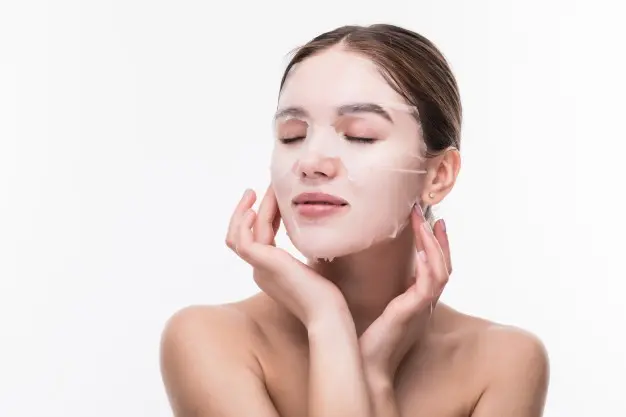
Compliance with the principles of consistency and regularity of care will be a good addition to procedures such as mesotherapy. These principles are quite simple:
- do not use aggressive substances in care: alcohols, alkalis (including regular soap), scrubs with large particles, and drying compounds. Washing with hot water will also have a bad effect on the general condition of the skin;
- dehydrated skin is inherently sensitive, so for a while it is better to avoid products containing too aggressive surfactants and allergens;
- to prevent inflammation and other damage, it is advisable to limit the use of comedogenic cosmetics - disruption of the lipid barrier will create a risk of clogging the pores with such particles, which will only worsen the situation.
Care for dehydrated skin is best determined by a dermatologist or cosmetologist - a specialist will be able to find out whether this is a temporary condition or your skin type. In accordance with the data of such diagnostics, it is also possible to find out which procedure will be the most effective for moisturizing and restoring the skin.


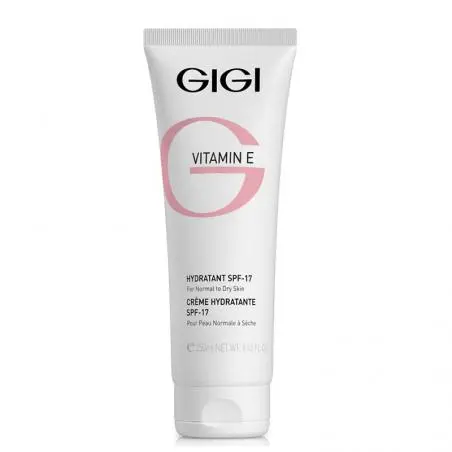
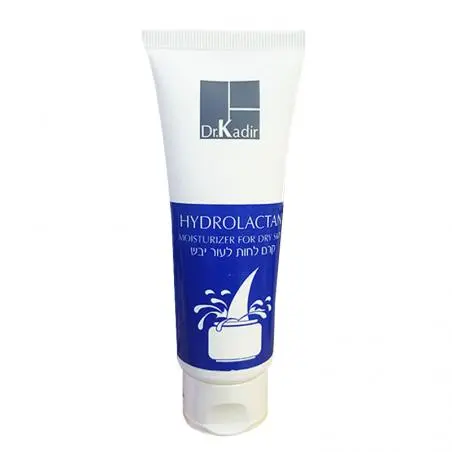
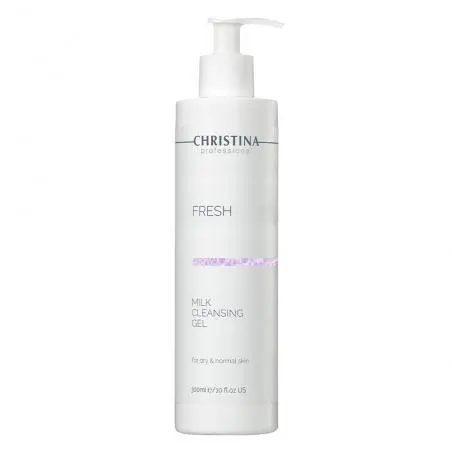
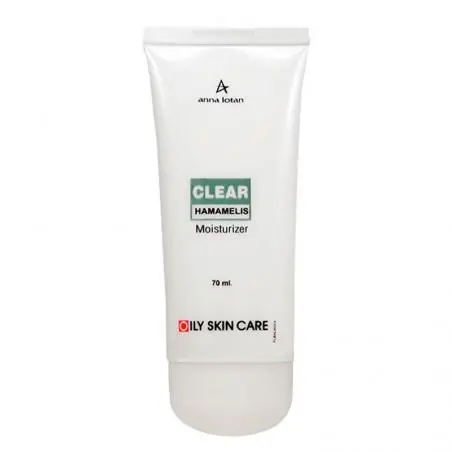
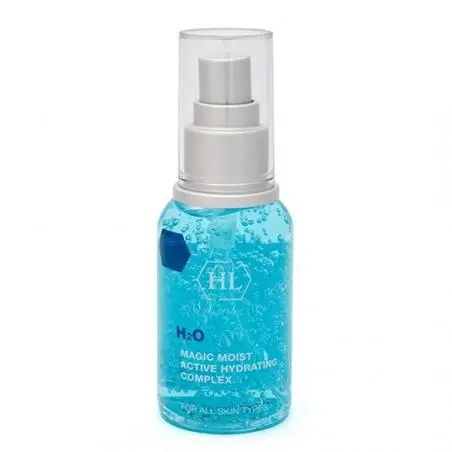
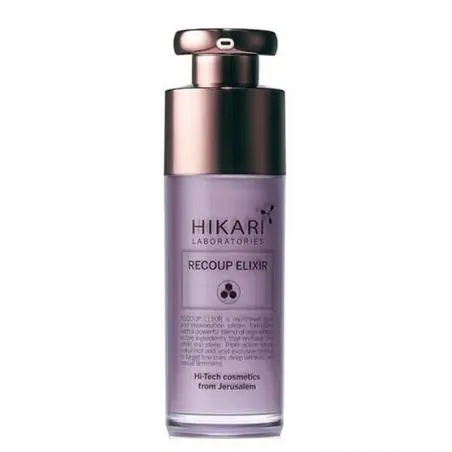
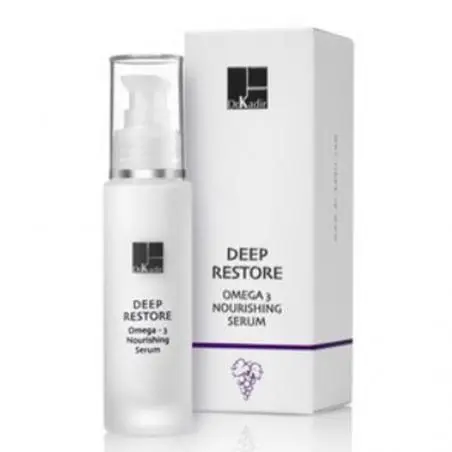
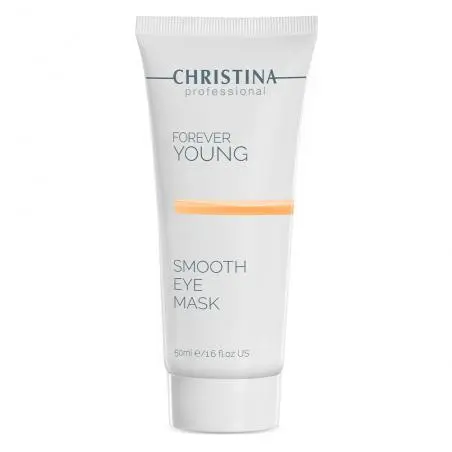



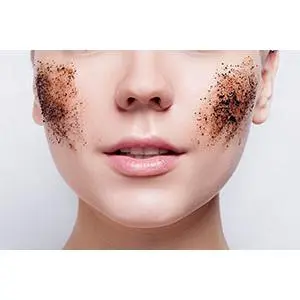
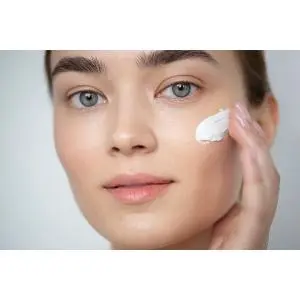



Comments
Leave your comment